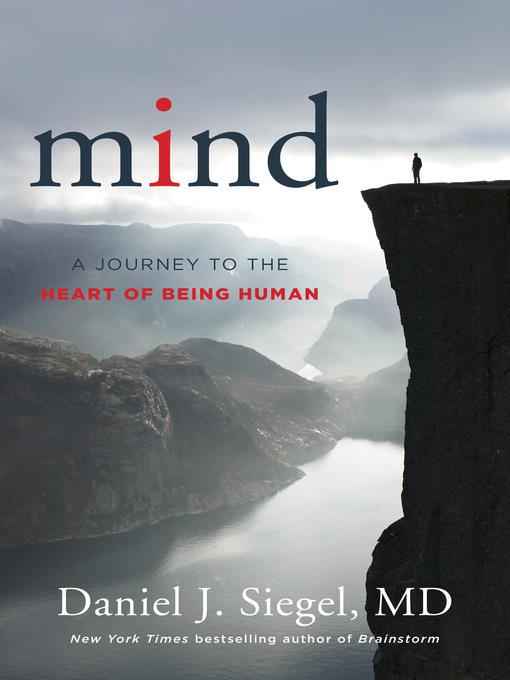
Mind
A Journey to the Heart of Being Human (Norton Series on Interpersonal Neurobiology)
- اطلاعات
- نقد و بررسی
- دیدگاه کاربران
نقد و بررسی

October 1, 2016
A clinical professor of psychology serves up the soft, squishy side of neuroscience.If you are a hard-drilling student of brain science, the mind is the ghost in the machine, some matter for Cartesian pondering, with a healthy dose of the uncertainty principle thrown in for good measure: for how can the thing doing the measuring be measured itself? Siegel (Psychiatry/UCLA School of Medicine; Brainstorm: The Power and Purpose of the Teenage Brain, 2014, etc.) is not that steely scholar. Instead, this treatise on the mind is a sometimes-elegant (skull and skin are not limiting boundaries of energy and information flow) but often seemingly nonrigorous look at what Woody Allen called his second favorite organ. Mind, by Siegels account, is indeed energy and information flow; it is embodied, inasmuch as it exists inside the brain, but it is also disembodied, inasmuch as it extends beyond the individual. Brain activity is energy flow, but somehow that energy flow yields a world of mental representations, of subjective mental experience. Subjective is a key word in the authors account, for, as he writes, he has long sought a way to connect empirical insights with emotional knowledge. This interest in the emotional, in the inner view of mental life, is largely what separates Siegel from the likes of Antonio Damasio, but allowing for off-putting neologisms such as MWeshorthand for our integrated identity, the linkage of a differentiated me with a differentiated weit is a side that has not received enough scholarly attention. These emotional aspects, manifested in matters such as grief, would seem to be real enough, though much neuroscience questions the reality of subjective experience; Siegel nods to that by noting, we can honor the universal reality that perception is a constructed skill. In other words, its more Pema Chodron than Petri dish. If you embrace the notion that humankind ought to embrace more kindness, a natural outcome of integration, then this is your book.
COPYRIGHT(2016) Kirkus Reviews, ALL RIGHTS RESERVED.

September 15, 2016
Psychiatrist and prolific author Siegel (psychiatry, Univ. of California, Los Angeles Medical Sch.; Brainstorm) elucidates personhood and human relationships from the standpoint of neuroscience, discussing consciousness, cognition, and community from ancient philosophy to the latest in brain science. Among ten chapters are those on subjectivity, time, identity, and "ease and dis-ease." Siegel is thoughtful and stimulating: language "interconnects, illuminates and imprisons all at once, and we need to be and remain aware, as best we can, of this linkage, liberation and limitation words create in our lives." There are several helpful diagrams and illustrations. Mind is both embodied and relational: inner and inter. Topics include "energy and information flow," self-organization, and spirituality. Concluding chapters address consciousness, cognition, community, "plural self," and identity. Siegel distinguishes Newtonian and quantum mechanics: the latter lets us "view the world as filled not with absolutes, but possibilities and probabilities." The text is mostly accessible, sometimes overwrought. VERDICT This is a welcome overview of a field in flux, a progress report on the science and philosophy of who we are.--E. James Lieberman, George Washington Univ. Sch. of Medicine, Washington, DC
Copyright 2016 Library Journal, LLC Used with permission.




دیدگاه کاربران